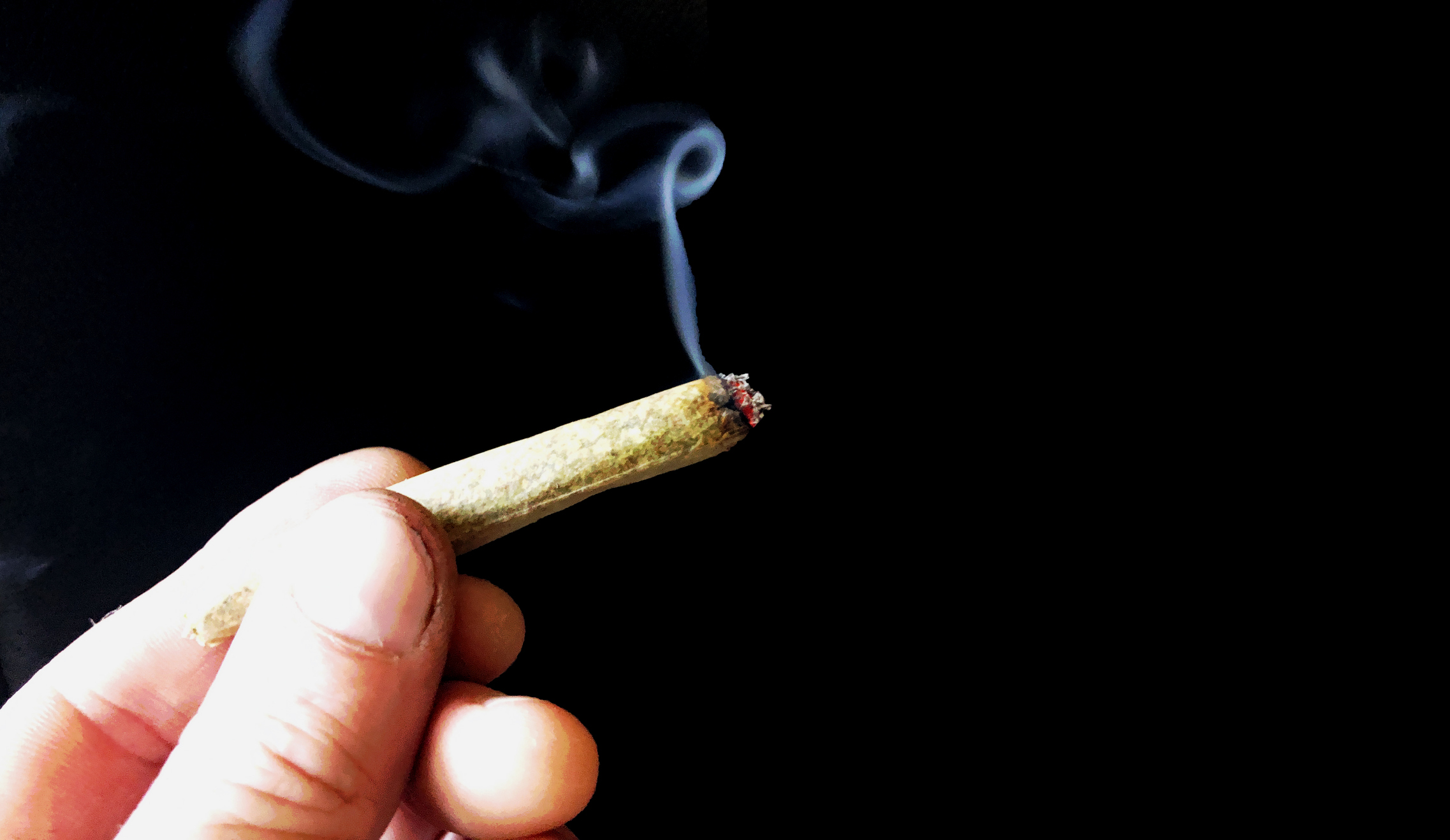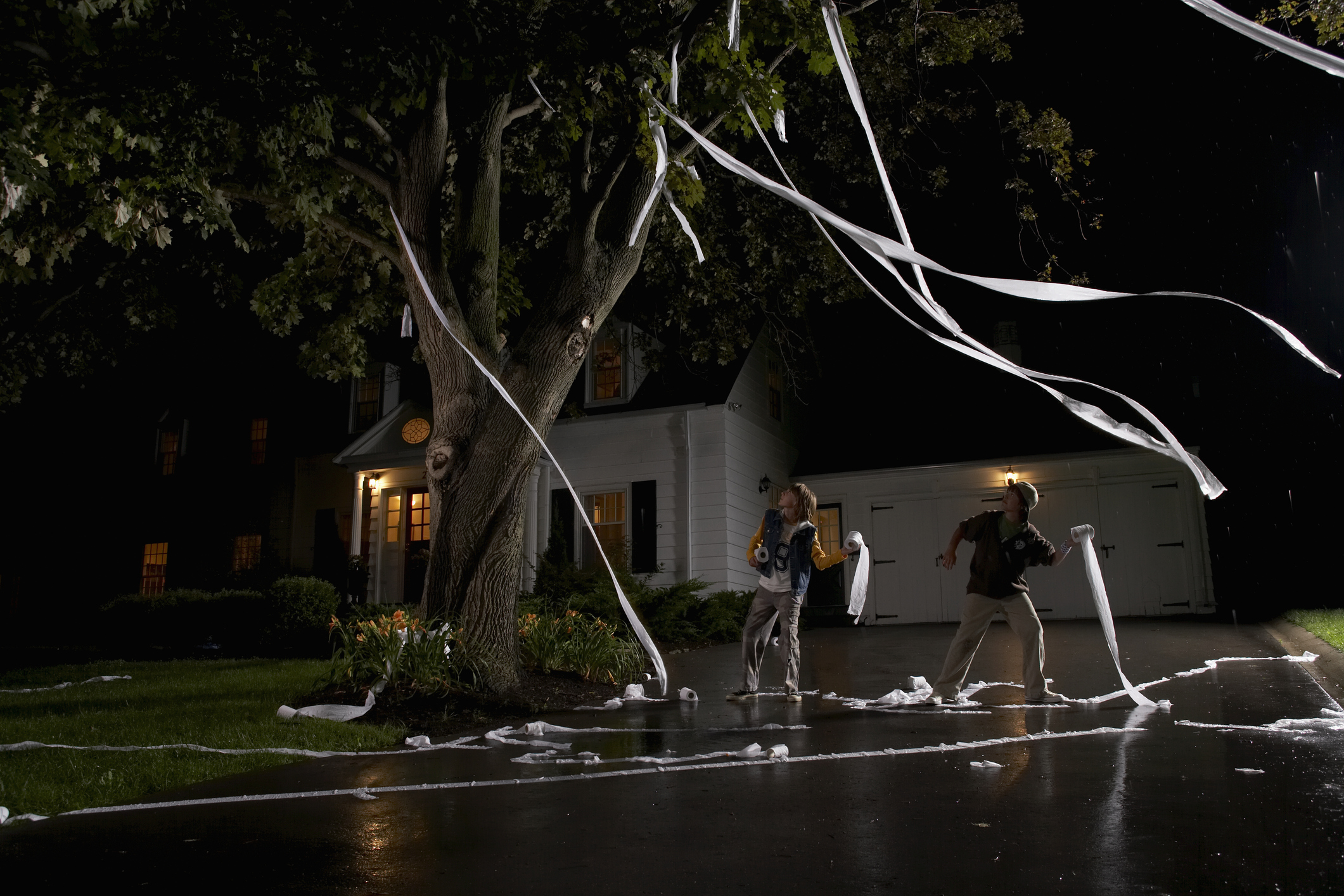What Can You Do About a Neighbor’s Annoying Second-Hand Pot Smoke?
People who have never visited states where marijuana is legal might imagine them as places where pot smokers loll about in public parks or street corners as they toke away on shared joints.
If so, they’re wrong. Even though 21 states have legalized the recreational use of cannabis, that doesn’t mean residents there are free to smoke in public. A few states allow licensed cannabis retailers to operate “lounges” for consumption, but that’s as public as it gets for most pot smokers in the U.S. The only legal place for them to get high by smoking is at home.
This restriction is creating a growing problem. Pot smoke is pungent, if not downright stinky, and the smell of it is igniting increasing disputes between neighbors.
A Lawsuit in D.C.
One of them involves a Washington, D.C. retiree, Josefa Ippolito-Shepherd, and a downstairs neighbor who smokes pot. The smoke drifts in from cracks along her stairs and from below her kitchen sink and the smell, she says, is a major nuisance.
If this was before 2015, when D.C. became one of the first jurisdictions to legalize the possession of small amounts of marijuana, she probably could have ended the matter with a call to the police. That hasn’t stopped her from trying recently, but the police say there’s nothing they can do.
Ippolito-Shepherd owns her duplex, but the pot smoker downstairs is the tenant of a neighbor. The police have advised her to resolve the matter with those neighbors. That hasn’t worked, however, so Ippolito-Shepherd has filed a lawsuit against them in D.C. Superior Court, claiming that the smoke is a private nuisance that is harming her health.
Cities and Smoking Bans
Ippolito-Shepherd, who is representing herself, also says she is asking the city to ban all smoking in multi-unit buildings.
That could be a tough task. Although dozens of smaller California cities have enacted ordinances prohibiting the smoking of tobacco and, increasingly, marijuana in multi-unit rental residences, no large cities have taken that step. San Francisco considered it in 2020, but the city backed down under pressure from pot smokers and gave cannabis a pass. This means that if you are a renter in a multi-unit building in San Francisco today, you can’t legally smoke a tobacco cigarette at home, but you are free to fire up a doobie.
That is if your lease doesn’t prohibit it. Landlords in pot-legal states have great latitude in deciding how they want to restrict smoking.
But even in smoke-free apartment buildings, disputes like one in Stamford, Connecticut, last year can occur. A couple with a small child complained of marijuana odor, and they repeatedly asked the landlord to take action against the perceived source of the smoke. The disagreement escalated, and the landlord accused them of harassment, which may be the first step in the eviction process.
Steps To Take
Still, if you live in a smoke-free apartment building and you smell marijuana that you are certain is coming from within the building, you might consider notifying the landlord.
But maybe a neighborly chat is a better first step. It’s always best to try to resolve disputes amicably, so a visit might be in order to explain how the smoke is bothering you. You might suggest that the person smoke in a different area, blow the smoke out the window, or invest in an air purifier that sucks in the pot smoke.
If that doesn’t work, the next step would be seeking mediation if possible. That person could be a landlord, but you could also seek out a free or low-cost mediator.
Finally, if the neighbor doesn’t change their ways and you continue to suffer, you can sue on the grounds that the smoke is a nuisance. While it’s possible that the smoke is a public nuisance, that would require evidence that it is affecting a larger group of people. More likely, you would be claiming that it is a private nuisance.
But be aware that just being unhappy about a neighbor’s smelly smoke may not be enough. To prevail, you will need to show that you have been harmed in some way. Courts will then weigh that against the rights of the smoker. If marijuana use is legal, the smoke itself will likely not be enough to support a nuisance claim.
Giving Pot Smokers Some Space
It does appear that legal pot smokers are caught in a catch-22. If they can’t smoke their legal weed in public or at home, what does that leave?
Remember those cannabis “lounges” we mentioned above? Maybe they are the answer. You generally can’t drink booze in public, but there are plenty of establishments where you can.
Weed bars, anyone?
Related Resources
You Don’t Have To Solve This on Your Own – Get a Lawyer’s Help
Meeting with a lawyer can help you understand your options and how to best protect your rights. Visit our attorney directory to find a lawyer near you who can help.






